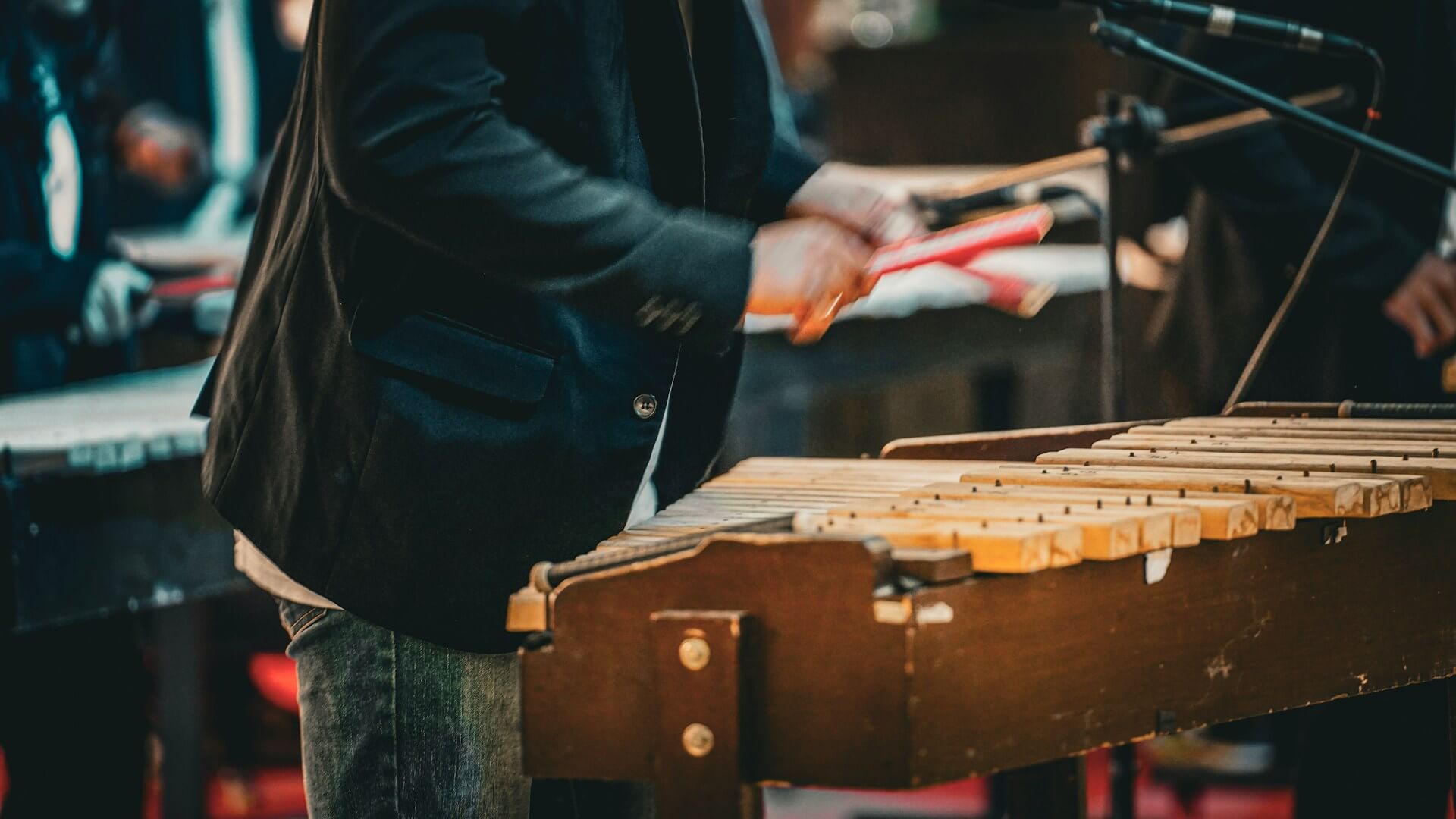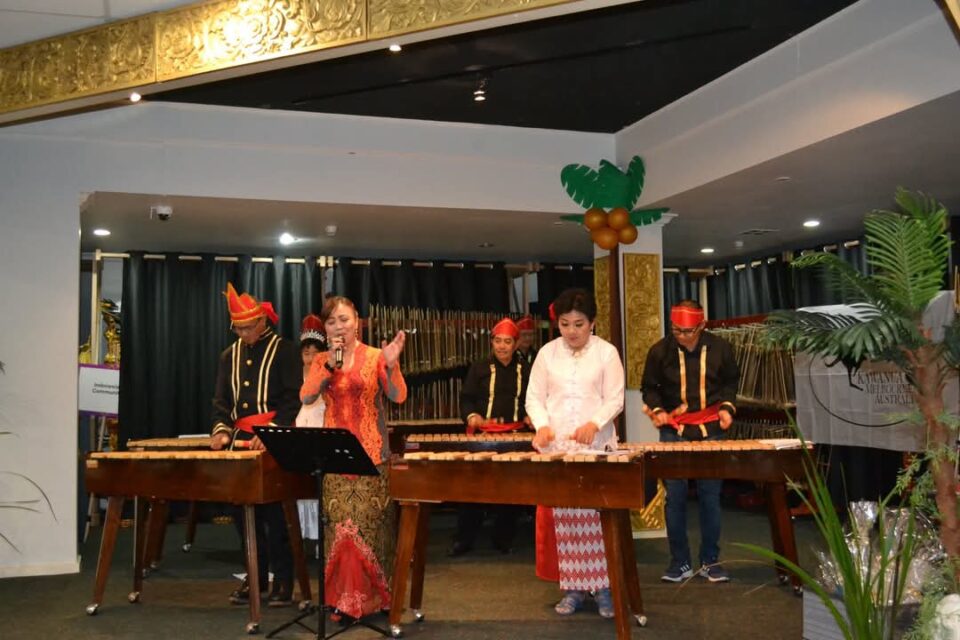

Kolintang is a traditional musical instrument of the Minahasan people in North Sulawesi, Indonesia. Made from wooden bars arranged above a resonator box, kolintang produces melodious sounds when struck with special mallets. This instrument symbolizes the cultural richness and identity of the Minahasa ethnic group.
The word “kolintang” mimics the sound it makes: “kolin-tang-tang”. In Minahasan language, “ma-lintang” means “echoing sound heard from afar.” Kolintang has been used since ancient times for ceremonies, dances, and ancestral rituals.
Kolintang is traditionally crafted using lightweight, resonant wood such as:
Waru wood
Wenang wood
Kakinik wood
Each wooden bar is carefully tuned to a diatonic or pentatonic scale. The crafting process requires expert knowledge in sound tuning and acoustics.
Traditional and Contemporary Music: Kolintang is used in cultural shows, ceremonies, and national celebrations.
Education and Tourism: Schools in North Sulawesi teach kolintang as part of cultural curriculum.
Cultural Diplomacy: Kolintang has been featured in global events representing Indonesian musical heritage.
Preservation efforts include:
Kolintang festivals and competitions (regional & national)
Art workshops and cultural studios
Modern performances with genre fusion
State Museum of North Sulawesi (Manado)
Kolintang Art Studios in Tondano, Tomohon, and Manado
Minahasa Cultural Festivals
Local tourism and art events

Reading Time: mins
180 Views